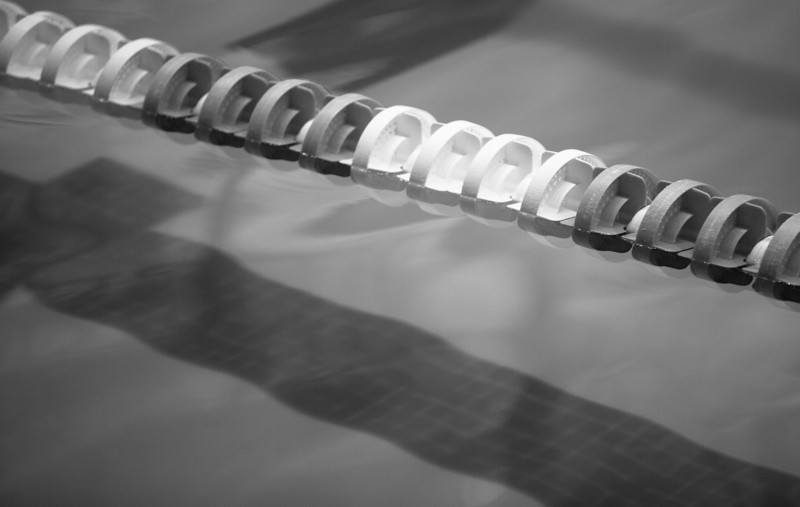After Rio de Janeiro’s anti-doping lab was stripped of its accreditation by the World Anti-Doping Agency (WADA) last year, Brazil is still without a certified drug testing laboratory two years out from the next Olympics, which it will host.
Rio was without an accredited testing lab for the entirely of this summer’s World Cup, costing FIFA a quarter of a million dollars to ship all the World Cup-related drug testing samples to a lab in Lausanne, Switzerland, according to Inside the Games.
The Rio lab lost its certification with WADA last September after what WADA termed as “repeated failures” by the lab. Apparently, the lab had somewhat of a record for producing “false positives” – in 2012 it produced a positive test for testosterone on Brazilian beach volleyball player Pedro Solberg Salgado that was later shown to be false. More recently, the lab saw its positive test on now-retired Chelsea soccer star Deco overturned when his sample was retested in Lausanne. Deco originally tested positive for hydrochlorothiazide, a masking agent for steroids, and tamoxifen, often used to lessen the side effects of steroids, but he was officially cleared of the charges after the Lausanne re-test.
Based on data WADA released earlier this year (read our analysis story on the data here), the Rio facility tested about 2,351 samples in the first half of 2013 before it was suspended. Even if it had completed the year, it still would have been one of the least-used of all WADA testing facilities, though that obviously would have changed in 2014 had the World Cup testing been run through the Rio lab.
Of those 2351 samples, 19 were found to be “adverse analytical findings,” meaning they fell outside of normal limits on some substance. Not all of those adverse findings translate directly into doping violations, as some athletes have various waivers for medically-prescribed substances they take. The Rio facility found adverse findings on 0.81% of its tests in 2013, which is actually on the lower end compared to other labs.
Though there’s no way of knowing for sure, it’s highly likely that this was the same lab that found positive tests on Brazilian World Record-holding swimmer Cesar Cielo and three of his teammates back in the summer of 2011. FINA recommended 3-month bans for three of the four swimmers, but ultimately the Court of Arbitration for Sport ruled that the athletes should only be given a warning after poking multiple holes in the positive tests. In a throwback from before SwimSwam was SwimSwam, you can read the details of that decision here.
The other big swimming angle on the Rio facility, though, is that the country still does not have a WADA-certified testing facility, and may have to once again ship samples out for the Rio 2016 Olympics. Brazil is working to set up a new lab, but faces a bit of a rush in getting the lab accredited before the 2016 Games, according Inside the Games. Because doping allegations can so permanently damage an athlete’s reputation, avoiding those false positives is a major concern for athletes, who will no doubt be keeping a close eye on the accreditation process of Rio’s new lab over the next several years.
